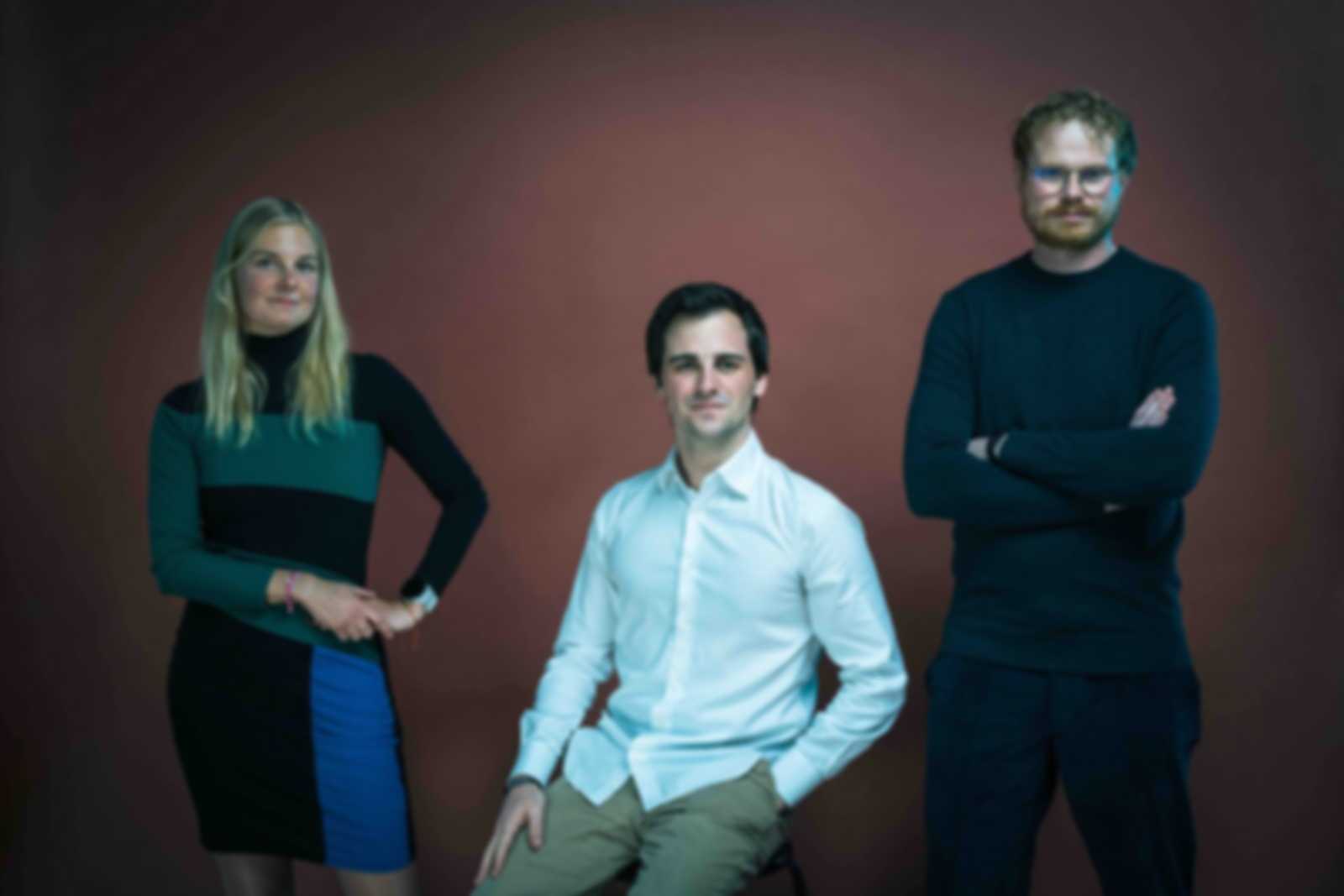START OF THE LONG-DURATION ENERGY STORAGE CHALLENGE
Five teams receive up to one million euros each for the development of long-term energy storage systems
To play its part in the fight against climate change, Germany must become climate-neutral by 2045 and secure its energy supply exclusively from renewable sources. The pressure to act has also increased as a result of the Ukraine war, as gas has lost its appeal as a transitional technology and - and Germany's independence in terms of energy supply has become massively more important. In view of these new existential threats, the increasingly frequent natural disasters and extreme weather events, the share of renewable energies must rise sharply over the next two decades. At the same time, baseload nuclear and coal-fired power plants are to be completely taken off the grid by 2038 and replaced by wind and solar power.
Energy storage systems are a key element for the successful transition to renewable energies. High percentages of renewable energies in power generation in Germany and other geographies is only achievable with energy storage systems in place able to bridge periods of low power generation from wind or solar energy.
In order to achieve a breakthrough in the development of technologies that can store energy efficiently and cost-effectively over a long duration, the German Federal Agency for Breakthrough Innovation called for this innovation competition at the end of July 2022. From a total of 42 applications, the expert jury from science and industry selected five teams, which each will receive up to one million euros to further develop their technologies.
The following teams are participating in this SPRIND Challenge:

IsoCHEST, the team led by Wolf-Dieter Steinmann of DLR in Stuttgart, combines the principles of heat pump, latent heat storage and a new isothermal compression process to store energy with higher efficiency and lower cost compared to current methods.

Membranes-less Redox-Flow-Batteries develop, as the name suggests, redox-flow batteries that do not require a membrane. The team led by Prof. Robert Dryfe at the University of Manchester uses a two-phase system for this purpose. In the first phase, a gas can be produced by electrolysis of the solution, which is then stored in the organic phase and does not mix with the aqueous electrolyte again. This eliminates the need for a membrane, and at the same time the system requires only one tank and one pump.

Ore Energy is a spin-off company from TU Delft working on long-term energy storage with one goal in mind: Making intermittent renewable energy available at all times. The scientists at Ore Energy have developed a long-term, efficient, and cost-effective energy storage solution, based on abundant elements: iron, water, and air.

Reverion is a spin-off from the Technical University of Munich that is advancing long-duration energy storage using a new type of gas battery. The gas battery is characterized by the use of high-temperature solid oxide fuel cells and an optimized system architecture with the use of waste heat, which enables high efficiency.

Unbound Potential is being driven by the team around David Taylor as a spin-off from Zurich. They are developing redox flow batteries, dispensing with a membrane and at the same time multiplying ion exchange through 3D optimization of the interface between the two electrolytes. This reduces costs and simultaneously increases efficiency. The teams' approach is not limited to one cell chemistry, but can be used as a platform technology for a wide variety of electrolytes.

With its innovation competitions, SPRIND has created an effective tool to help promising technologies achieve a breakthrough for which there is not yet any private venture capital because the path to market maturity is still too risky. As continued funding for the teams in the second phase of the SPRIND Challenge is tied to their interim results, this will ensure that the teams will move forward with their projects at full speed in the coming months.
One year from now, the results of the first stage of this SPRIND Challenge will once more be evaluated by the jury. Then up to five teams will receive further funding until June 2025, with up to €3 million per team earmarked for this purpose.
SPRIND CHALLENGES
SPRIND Challenges are innovation competitions that aim to generate solutions to the grand societal and technological challenges of our time. They create the vision of a better future and gather the scientists, innovators and entrepreneurs who can make that vision a reality. That's why Challenge Teams are funded quickly and without red tape, and immediately launch into a multi-stage competition. At the end of each stage, the teams' work is evaluated and only the best remain in the Challenge and receive further financial support to develop their idea.
To ensure that teams can drive their innovation independently over the long term, all intellectual property generated during the Challenge remains with the teams.
Find further information on the Long-Duration Energy Storage Challenge here.
